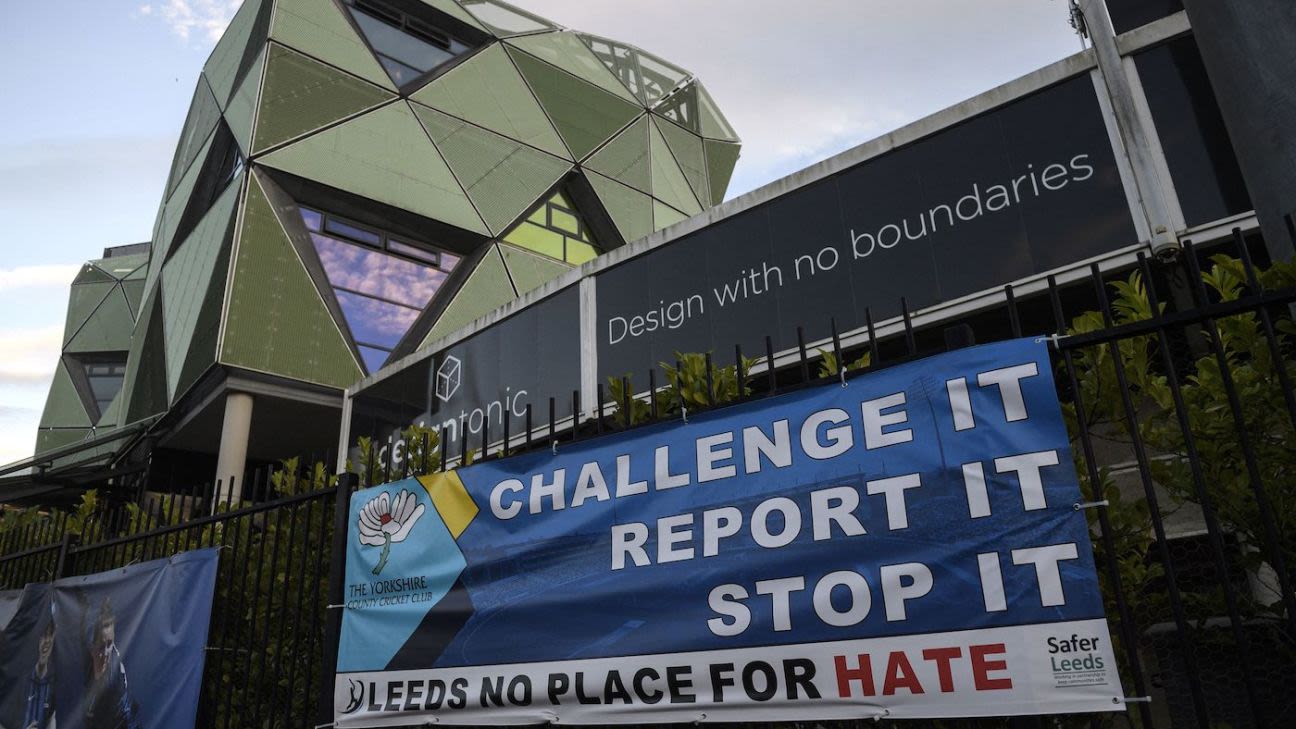The move comes in the wake of an initial two-day hearing in October, with Tim O’Gorman, the chair of the CDC, confirming on Wednesday that an exception to the body’s usual protocols would be permitted, given the significant public interest the case has generated.
The ECB is understood to have argued against the move, given that much of its evidence was gathered on the understanding of anonymity and may now be inadmissible. However, their submissions were over-ruled, with the hearing now expected to get underway on November 28.
Vaughan had steadfastly denied the claims, with the Telegraph, the newspaper for which he is a columnist, reporting that he is “happy for the proceedings to be held in public and will appear in person to defend himself”.
Responding to the news in a statement on Twitter, Rafiq wrote: “I’m pleased the CDC has agreed that this is too important an issue to be held behind closed doors. It is something I have made very clear from the offset [and] throughout to the ECB. Such openness is vital if the sport is to learn from previous mistakes and root out institutional racism. I believe this decision is in the best interests of cricket and I confirm that I will give evidence at the hearing.”
A follow-up to the parliamentary hearings in which Rafiq made many of his claims is set to be held on December 13, with the DCMS select committee announcing it will hold a fresh evidence session to examine cricket’s response to the crisis.
